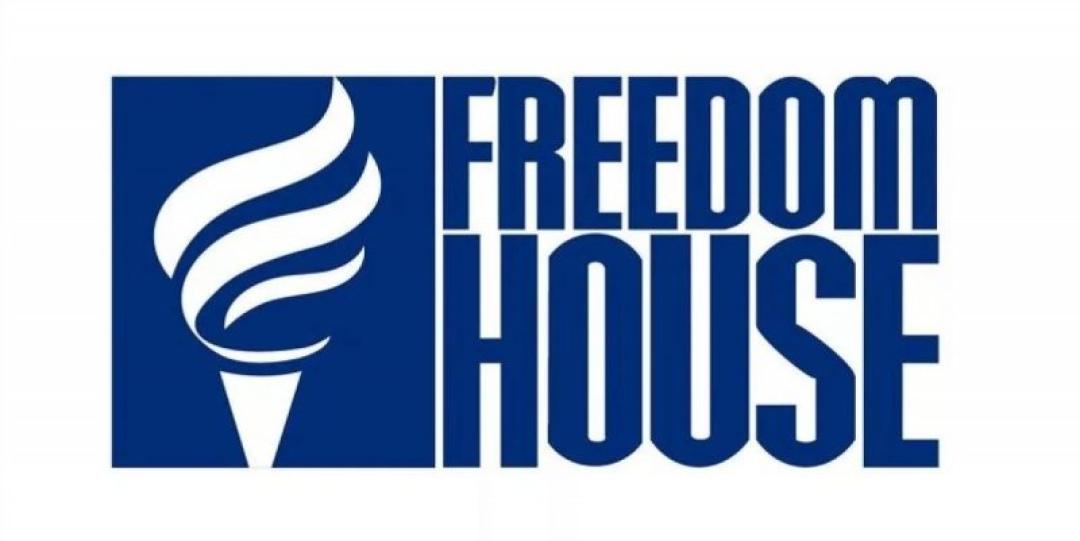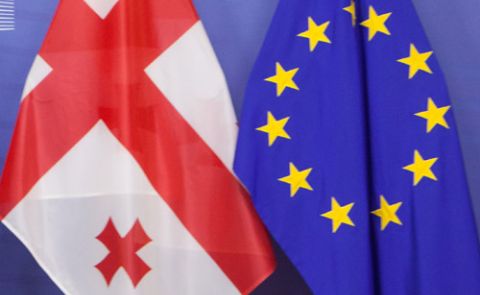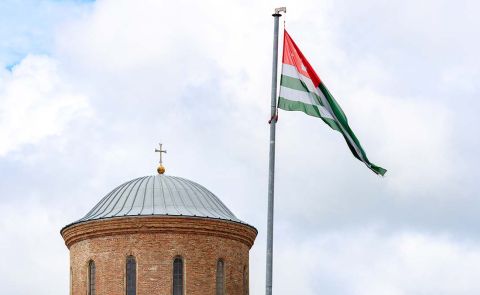
Armenia Stuck in Anti-Corruption and Judiciary Reforms

According to a new "Freedom in the World 2023" report released by Freedom House, a democracy watchdog group, Armenia has retained its status as a partially free country. While the country dropped only one point due to the incursion of Azerbaijan into Armenia in September 2022, Freedom House points out serious concerns regarding the efficiency of the country’s anti-corruption measures and reforms in the judicial system.
Following the 2018 Velvet Revolution, the newly-elected government of Armenia embarked on the fight against corruption, which was one of the primary reasons for the people’s uprising in April of that year. In particular, the government launched corruption investigations against several high-profile officials, including former presidents and people affiliated with them. In the following years, anti-corruption bodies such as the Anti-Corruption Committee, the Corruption Prevention Commission, and partially anti-corruption courts were gradually established.
After the revolution, the government took these steps, which led to some results, as shown by the "Freedom in the World 2020" report, which gave Armenia's anti-corruption systems a score of 2 for the first time in a long time after giving it a score of 1. Yet, despite this progress, there has been no further improvement in the past several years. The latest report highlights slow progress in anti-corruption measures, as no charges have been brought forward regarding corruption investigations.
In response to these concerns raised during the press conference on March 14, Armenian Prime Minister Nikol Pashinyan avoided a clear answer, instead, referring to certain “EU reports” (assumably Eastern Partnership Index), which he claims show that Armenia had a better performance in the fight against corruption compared to other Eastern Partnership countries. While Pashinyan was right in this regard, and in the last EaP Index Armenia was indeed ranked higher in some indicators, the new index has not been issued yet, and Pashinyan was referring to a report that covers the period from 2020 to mid-2021, while the last report of Freedom House covers the whole 2022.
Freedom House's most recent report expresses significant concerns about the independence of the judicial sector too. It is worth noting that with this indicator, Armenia’s score has not changed for a decade and remained at 1 this year as well.
Despite “vetting” being probably the most widespread word among the officials of post-revolutionary Armenia, little progress has been made in this regard. Furthermore, in November 2022, “Mnatsakan Martirosyan’s election as an Anti-Corruption Court judge sparked controversy, as several of his rulings in politically charged cases had been overturned by the European Court of Human Rights”.
The report also notes that courts in Armenia “face systemic political influence and judicial institutions are undermined by corruption”, while steps taken towards judicial reforms are slow in progress. “Judges reportedly feel pressure to work with prosecutors to convict defendants, and acquittal rates are extremely low”, the report states. On the other hand, “the raft of corruption investigations aimed at Republican Party elites and allies have prompted concerns about the ability of the country’s judicial and investigative mechanisms to ensure fair application of the law”. The report also highlights that two members of the Supreme Judicial Council were elected from the ruling faction, including a former minister of justice who was also a member of the ruling party”.
“For four years we’ve been struggling to establish a truly independent judicial system, and we will continue working in this direction… And now you, guys, say, “Ooh, a member or a former member of your party has been elected.” Well, someone from another party should have been [elected]?”, asked Prime Minister Pashinyan during the press conference when asked about these concerns raised in the Freedom House report.
While Nikol Pashinyan ensures that they have been pursuing the course of fighting against corruption and establishment of an independent judicial system, Armenia’s score dropped in the Corruption Perception Index too, released at the end of January 2023. “After years of improvement, this CPI brings worrying signs as Armenia drops three points. While not yet statistically significant, this downturn reflects the breakdown in maintaining checks and balances, ensuring integrity in law enforcement, securing judicial independence, and protecting civic space,” the report notes.
Varuzhan Hoktanyan, Project Director of the Armenian Transparency International Anti-Corruption Center, thinks that the government most likely has the political wish for anti-corruption measures but not sufficient political will. “To demonstrate political will, it is necessary to allocate certain resources and to show in practice that you have a strategy rather than just talking about it,” Mr. Hoktanyan notes. Nevertheless, he notes that first and foremost, the government is lacking in human resources, such as investigators, judges, etc., to replace corrupt ones. According to Mr. Hoktanyan, political deals might be another factor contributing to the lack of effective anti-corruption measures, although there is only limited evidence to support this claim, except for some media reports.
What is more concerning is that non-effective anti-corruption measures are most likely caused by the desire of the government to remain in power.
“Any authorities and those are no exception, think about maintaining their power, and there is nothing critical about that”, says Mr. Hoktanyan noting that what is critical is how they try to maintain it. “In reality, implementing effective anti-corruption measures can help to maintain power. However, there comes a point where those in power fear that these measures could be turned against them. If you're genuinely committed to combating corruption, you need to address both current and past corruptors. And it's at this juncture that they opt to hit the brakes to prevent any accusations of focusing solely on their political opposition,” Mr. Hoktanyan notes, adding that with these steps, he hardly sees how anti-corruption bodies can work properly and lead to significant results.
Contributed by Victoria Andreasyan, journalist and researcher based in Yerevan.
See Also


BP Strengthens Presence in Azerbaijan’s Offshore Energy Sector

Netanyahu’s Letter to Aliyev: Mutual Trust, Solidarity Following Hamas Attacks, Facilitating Dialogue Between Israel and Türkiye

Azerbaijan Expands JF-17 Thunder Fighter Jet Order from 16 to 40 Units

EU Commissioner and NATO PA Warn Georgia Over Democratic Decline Amid Accession Challenges

